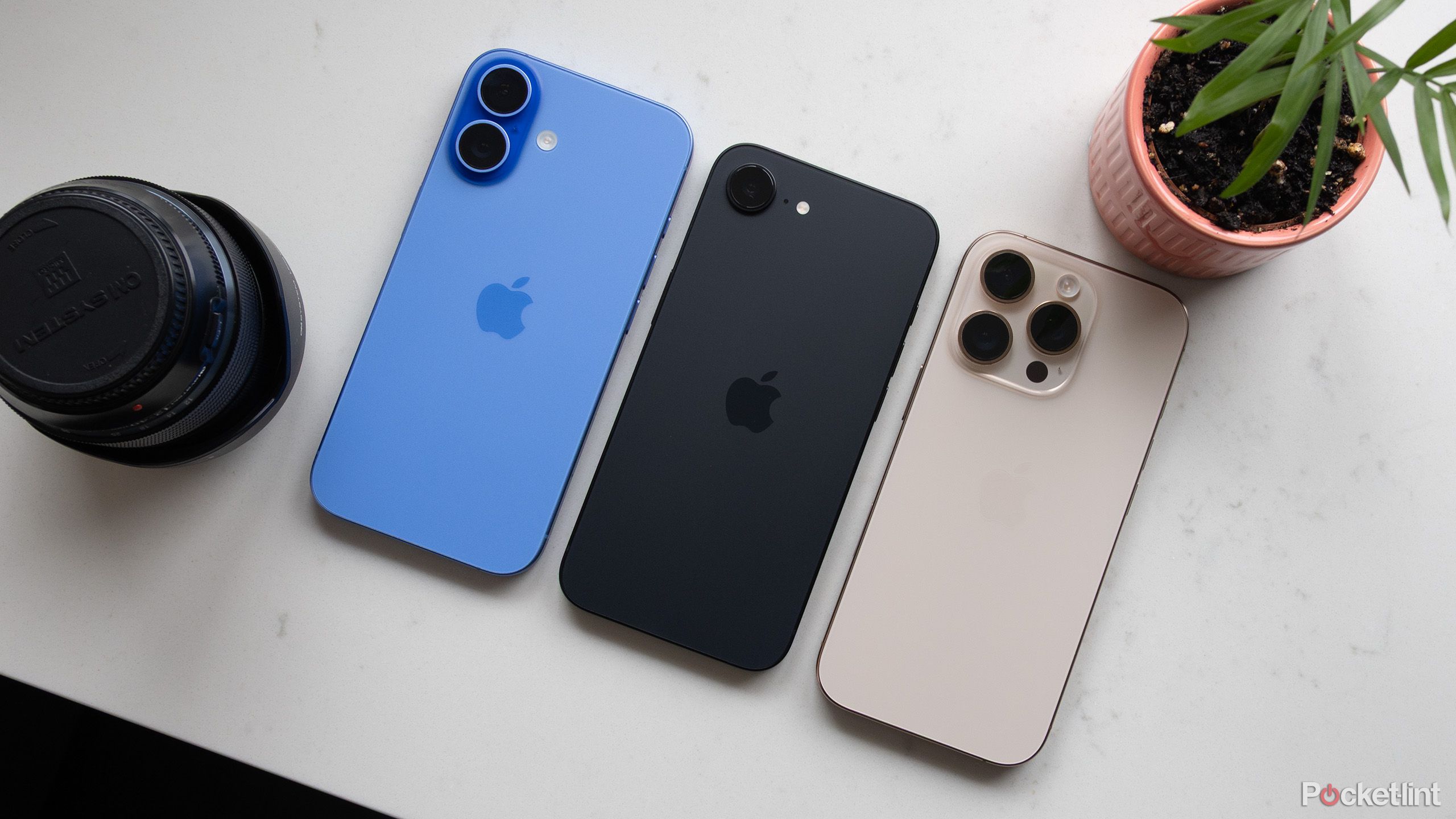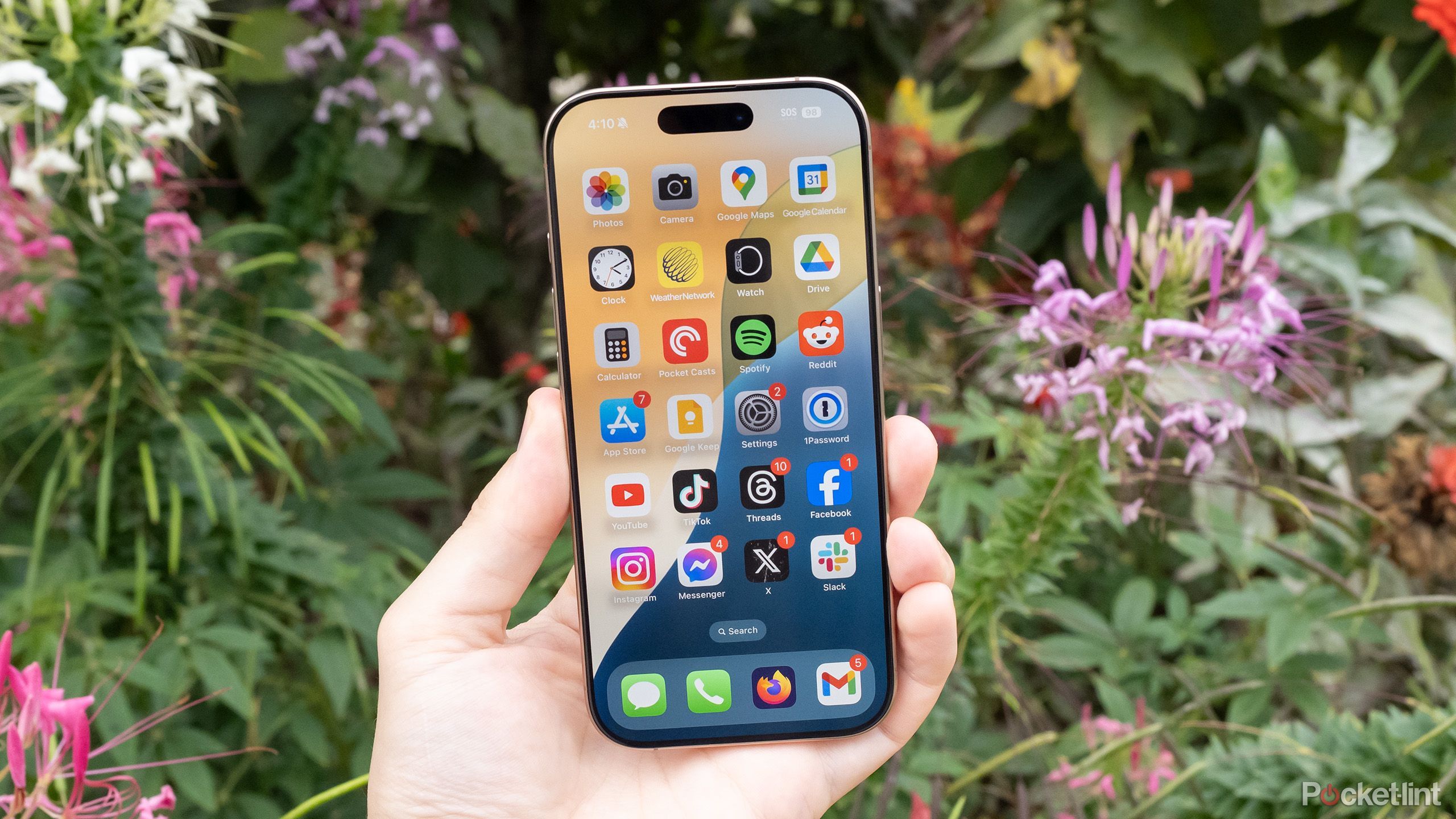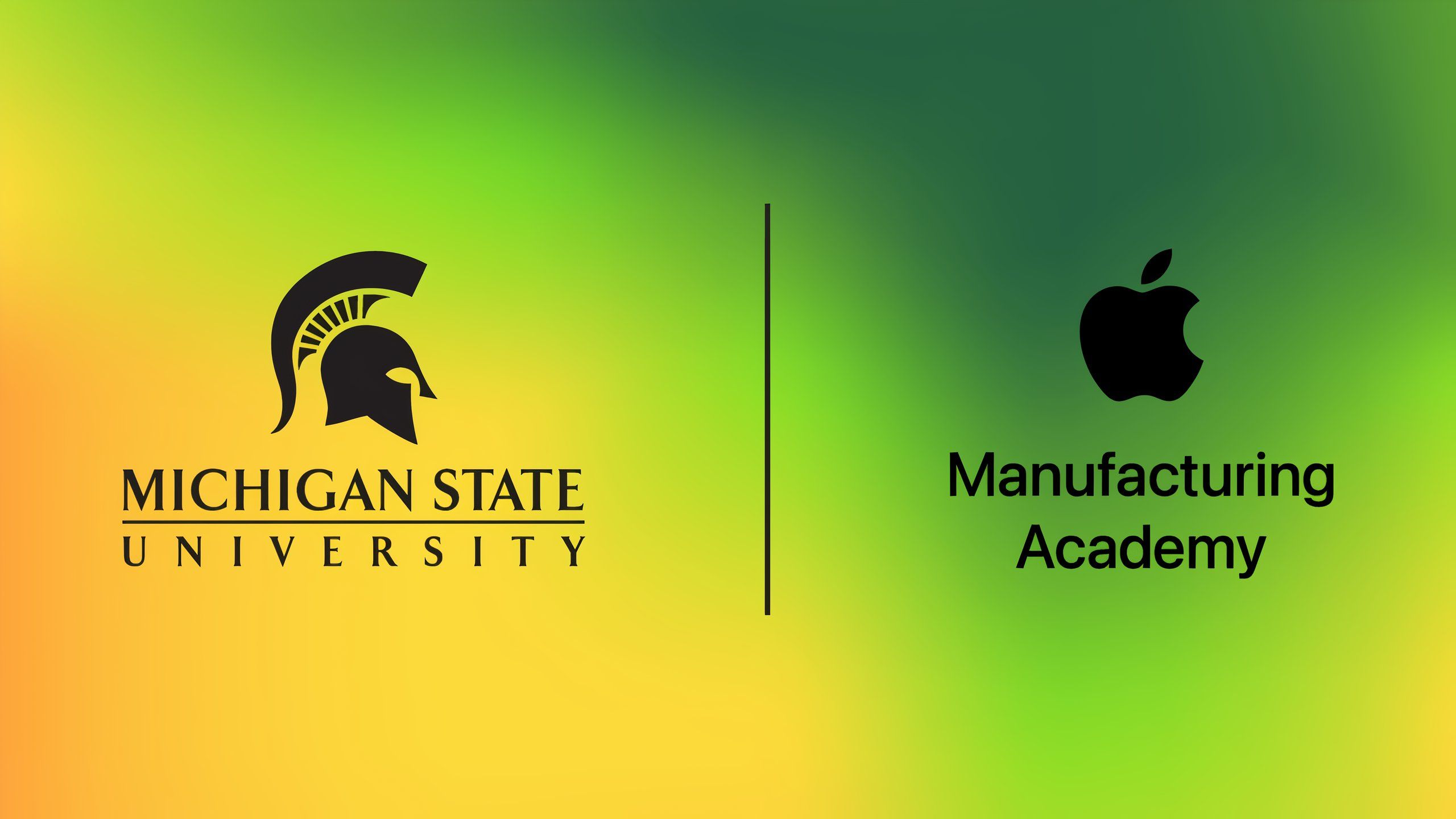Summary
- Amid tensions between Apple and the US federal government, the former is beginning to invest in domestic manufacturing efforts.
- The previously announced Apple Manufacturing Academy in Detroit, Michigan now has an official opening date of August 19.
- Despite this being a positive development, we’re still quite a ways off from a US-made iPhone.
Amid a tumultuous tit-for-tat between the United States federal government and Apple, the latter has officially confirmed the opening date for its previously-announced Apple Manufacturing Academy in Detroit, Michigan. The tech giant will open its doors to small and medium-sized businesses on August 19, offering advice on advanced manufacturing techniques both in-person and, later this year, via virtual programming.
“Apple works with suppliers in all 50 states because we know advanced manufacturing is vital to American innovation and leadership. With this new programming, we’re thrilled to help even more businesses implement smart manufacturing so they can unlock amazing opportunities for their companies and our country,” says Sabih Khan, Apple’s chief operating officer, in a recent press release.
The Academy will host courses designed to help US companies improve their manufacturing capacity.
The Apple Manufacturing Academy is to be administered by Michigan State University, extending the two institutions’ existing relationship — MSU already administers the only US-based Apple Developer Academy currently in operation. The Academy will host new courses designed to help US companies improve their manufacturing capacity, with particular emphasis on leveraging artifical intelligence and smart manufacturing techniques.
Apple first announced plans to build its Manufacturing Academy in Detroit back in February of this year, with the tech giant having also pledged over five hundred billion dollars in US spending over the next four years. These domestically-oriented initiatives are the result of pressure from the Trump Administration, in a highly publicized pressure campaign to ultimately move iPhone production to America.

Related
Trump tells Apple to build iPhones in the US or face 25% tariff
Apple faces a new tariff threat from Trump, which could significantly impact its business in the US.
Inching towards the coveted ‘made in the USA’
Pressure from the federal government, geopolitical realities, and other factors all play a role
As one of the biggest tech companies not only in the US but also in the world, Apple is under increasing pressure to inject its muscle into the economy of continental America. Growing trade tensions with China, which controls a vast amount of the tech industry’s manufacturing capacity, as well as Trump-imposed tariffs, are playing a role in this development.
Earlier this year, Apple and President Trump squabbled over the latter’s reorientation towards India as a major manufacturing artery in lieu of China. The President made threats of a twenty-five percent tariff were the former to fail to switch iPhone production to the US.
…most industry analysts speculate that a theoretical US-built iPhone would cost exponentially more than existing overseas-based units.
“I have long ago informed Tim Cook of Apple that I expect their iPhone’s that will be sold in the United States of America will be manufactured and built in the United States, not India, or anyplace else. If that is not the case, a Tariff of at least 25% must be paid by Apple to the U.S. Thank your [sic] for your attention to this matter!” wrote President Trump on Truth Social in May.
While nobody can say for certain, most industry analysts speculate that a theoretical US-built iPhone would cost exponentially more than existing overseas-based units, owing to factors like increased labor costs, logistical complications, infrastructural demands, and key supply chain disruptions.

Related
Trump Phone quietly removes feature no one actually thought existed
Trump Mobile has dropped its made in the USA claims from the Trump phone’s website.
The iPhone is global
Apple might be an American company, but the iPhone’s passport is inked with stamps
As it currently stands, the iPhone is inarguably a product of globalized trade. Aluminum, silicon, lithium, and other raw materials are extracted from across the world, which itself is reliant on complex shipping networks and international trade relations.
Displays, memory chips, and other critical components are sourced primarily from the Far East, while the processor itself can only be fabricated in the precise way needed via a single foundry facility in Hsinchu, Taiwan. Adding further intertwinedness into the mix is the incredibly important manufacturing step of lithography, of which ASML Holding N.V. in the Netherlands plays a fundamental role.
In terms of production itself, the majority of iPhones are assembled in China, with the help of contract manufacturers like Foxconn and Pegatron. On a smaller scale, some hardware assembly also takes place in India and Vietnam, though this remains a relative drop in the bucket by comparison.

Related
Gamers are about to pay the price for Trump’s tariffs
The ESA says tariffs would impact the video game industry in the US and affect American gamers.
Detroit is symbolic
The city was once an industrial hub of America
Under these conditions, Apple finds itself in a precarious position. Trump’s 2024 presidential victory — at both the popular vote and the Electoral College level — signals a (divisive) public mandate in favor of nativism and of bringing industry back onto American shores.
Apple CEO Tim Cook is often lauded as a supply chain wizard, but the forces at play here are infinitely challenging to grapple with. I reckon the higher-ups in Cupertino are deeply concerned over the viability of a USA-made iPhone from a pricing structure standpoint, to say nothing of net revenue implications, soured relationships with world governments, and a multitude of other insider variables.
Conceptually, I’m a fan of bringing iPhone (and iPad, and Mac) production to the US, and I hope to see such a feat be accomplished in my lifetime. While raw material sourcing and technical know-how will always require trading partners, I feel the assembly process itself should be a domestic affair.
Conceptually, I’m a fan of bringing iPhone (and iPad, and Mac) production to the US.
Globalized trade might appear robust on the surface, but under the hood the entire system is subject to destabilization. To insulate against the risks of hot or cold conflicts and other unforeseen circumstances, the engineering marvel that is the iPhone ought to adorn the proverbial ‘made in the USA’ label.
While doubtlessly a coincidence, I find it interesting that Apple’s new Manufacturing Academy is based out of Detroit, Michigan. Once a beating heart of American industrial dynamism, the city has been subject to urban decay and a hollowing out of its shipping and manufacturing capacity in recent decades. The path from Detroit-based Apple manufacturing workshops to building an actual iPhone in the US isn’t linear, nor is it even a certainty, but I believe it’s a step in the right direction.
As an omen for what’s to come, I’m all in on Michigan.

Related
Tariffs will make streaming more expensive, and sooner than you think
Plus this week’s Pocket Pick is a recent box office flop that could be given a second life on streaming!










